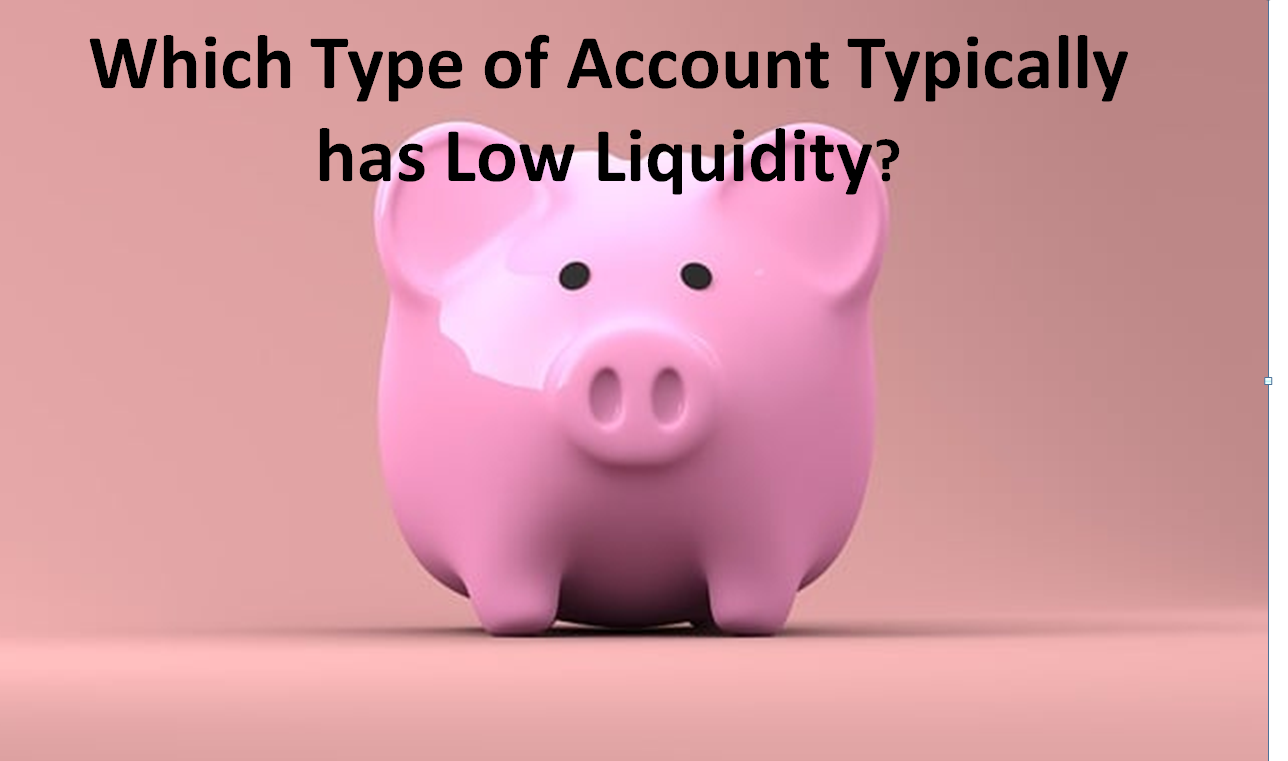C.D.s are the accounts with the lowest liquidity. A certificate of deposit (CD) is a savings product where a client of bank deposits a lump amount that will become available for withdrawal after a certain length of time. A certificate of deposit (CD) offers a greater rate of interest than a traditional savings account.
Rates of return on CDs do not change during the life of the paper, although the bank agreement states that CD rates are occasionally altered by market circumstances.
Certificates of deposit (CDs) may have different minimum balance requirements and maturity periods.
Your earnings percentage is often based on the time period and the balance of your account. The longer the term and the higher the deposit, the higher the interest rate.
The Function of Certificates of Deposit
You get a fixed interest rate that is often higher than savings account rates in return for depositing money with a bank for a certain period of time (the term or duration).
The principle (the amount you initially invested) and any interest accrued will be returned to you when the CD matures.
The amount of interest you earn on a CD will be drastically reduced if you remove the money before the term ends due to the early withdrawal fee.
Put some money aside in a liquid account, like a savings account, before investing in a CD so that you’ll have something to use if an emergency arises.
Varieties of CD
A high-yield CD is a CD with a greater interest rate than the national average. Banks with physical locations tend to provide better rates than their virtual counterparts.
- Large CD
A jumbo CD is very much like a regular CD, except that its minimum opening deposit is much larger.
- CD without penalty
This certificate of deposit (CD) is also known as a “liquid CD” since it offers lower interest rates in return for the freedom to withdraw funds early without penalty.
- CD to step up or bump up to
The interest rate on these CDs increases towards the conclusion of the period. They both feature greater minimum deposit requirements and lower interest rates compared to fixed-rate CDs. Unlike step-up CDs, which automatically boost rates on a predetermined timetable, this kind requires you to make a formal request for a rate hike before receiving any benefits. Most CDs only allow you to request one rate increase, however, longer-term CDs may give you two.
In comparison to Certificates of Deposit, Savings Accounts
A certificate of deposit (CD) is distinct from a standard savings account in many key ways.
- The Concept of Certificates of Deposit has interest rates that are usually higher than those of regular savings accounts.
- Certificates of deposit (CDs) are a popular financial instrument because they provide a higher rate of return with a lower potential for loss. However, if you’re interested in growing your savings over time or taking advantage of competitive interest rates, you should research the best high-yield savings accounts.
- When it comes to ease of withdrawal, savings accounts much outperform CDs.
- Anytime you wish after opening a savings account, you may deposit or withdraw funds. Most certificates of deposit (CDs) only allow early withdrawal once the term has ended and incur a penalty if you withdraw money before then.
- When you open a CD, your interest rate is locked in for the duration of the account, but the value of your savings account fluctuates over time.
- f you acquire a certificate of deposit (CD) while interest rates are high, you may protect your principal investment even if banks cut rates on savings accounts and new CDs later on.
Low-liquidity Account Choices Include Certificates of Deposit.
There are a number of factors to think about while settling on a CD. In the first place, how soon do you need the money? If you need it immediately, you may want to look into a CD with a lower time limit.
A certificate of deposit (CD) with a longer term and higher interest rate may be more advantageous if you are saving for a goal that is more than five years away.
Keeping the present economic climate in mind is essential. If interest rates look to be increasing or if you want to open a large number of CDs, CD laddering might be a handy option.
Is It Smart to Invest in CDs?
Have you started saving or putting money away for investments? Is there a large quantity of money stashed away for a future purchase? Putting money into CDs is a good way to guarantee their safety.
Your selection shouldn’t be based entirely on current interest rates, but anticipating their future movement might be useful.
Prior to and throughout the first year of the COVID-19 outbreak, CD rates were generally lower or stable.
Parting Remarks
The focus here was on identifying the most common types of accounts with limited availability of funds. It is crucial to understand the risk involved since no two investments are the same. Investments with a limited potential for loss make up the foundation of the investment pyramid.

